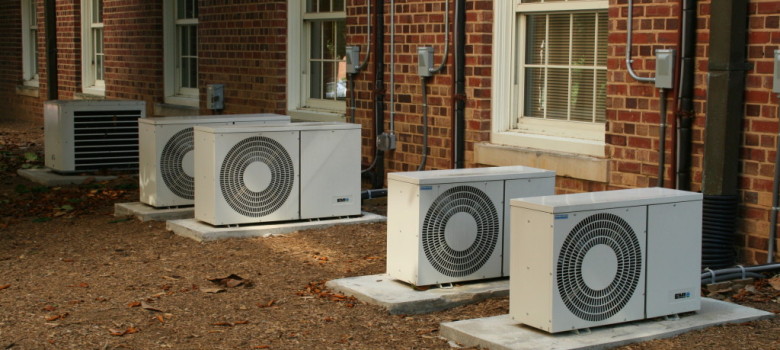
Air conditioning is often considered wasteful, energy intensive and a big source of carbon emissions.
Unfortunately for some buildings, especially commercial premises, air conditioning may be essential to ensure staff are comfortable and able to carry out their work. Here we want to take a look at how you can ensure your air conditioning is working optimally, and where you can make the energy savings that keep your bills down.
Sizing your air conditioning system
If you haven’t already installed your air conditioner, make sure you get a professional to survey the property and take into consideration your requirements. If you undersize the system, it will have to work extra hard, using more energy and shortening the system’s operational life. Oversizing the system can lead to greater energy use and sub-optimal operation. It is therefore really important to fit the right air conditioner in a professional manner to ensure it delivers optimal performance.
Having said that, you may also want to consider expansion – if you expect that your workforce is going to occupy more space in the years to come, it is probably prudent to oversize the system to ensure the air conditioning unit can cope with the extra demand going forward.
The controls on your air conditioning system
The controls for the system are really important, and there are a number of options you could consider, from a simple thermostat controlling the whole property, to de-centralised control for each area, to centrally operated control. Each has their advantages, and you will need to take into account the intended use of the space to work out what is best for you.
In an office for example, it often isn’t ideal to let staff have free control over the sir conditioning, because the constant adjustments in temperature will create an inefficient system. On the other hand, central control that does not take into account the requirements of the building will also be inefficient because the property may be over-cooled in one area and too warm in another. This can be avoided by designing the system correctly in the first place, and creating an effective control system.
The importance of insulation with air conditioning
Insulation is absolutely crucial. Firstly, if the air conditioner is an outdoor unit, the pipes must have quality lagging – or you will be cooling the outside air rather than the building – this is very inefficient and a complete waste of energy.
Secondly, the building itself should be well insulated. Not only does insulation prevent the building from warming up so quickly during the day, it also prevents the cold air escaping as well. Insulating the walls and roof, as well as draught proofing the property is a great way to reduce your air conditioning bill.
Air Conditioning Servicing and maintenance
Even the best air conditioning system with the best insulation will be inefficient if it is improperly or infrequently serviced. Regular cleaning of the fans and heat exchangers can increase the efficiency by around 40%, as well as ensuring the lifespan of the system is extended.
 Effective usage
Effective usage
Installing and maintaining the system well is fantastic, but it is the people that use the system that can throw all of that out of the window. Proper education of the staff on how to use the system and how to create an energy efficient building is crucial. This ranges from leaving windows and doors open, to usage of blinds and recommended operating temperatures.
Air conditioning can be unavoidable, especially in older properties where it is more difficult to regulate the temperature – so don’t let your energy bill spiral out of control during the summer months. Make your air conditioner work for you rather than the other way around.
Think we missed something? Do you have a different opinion?
Comment below to get your voice heard…
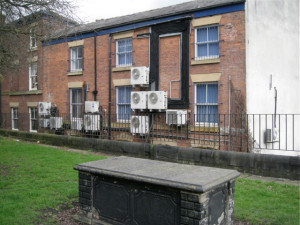




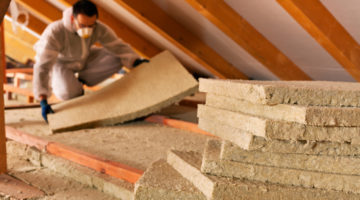
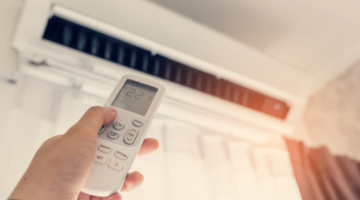
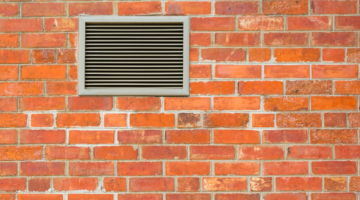





There are number of reasons that cause the break of air conditioners. These problems are however, not recognized immediately. The problems are usually perceived only when the temperature of outside air is increased that result in the gradual increase of temperature of room as well. It’s quite normal for an air conditioner to operate, although it blows only the warm air.